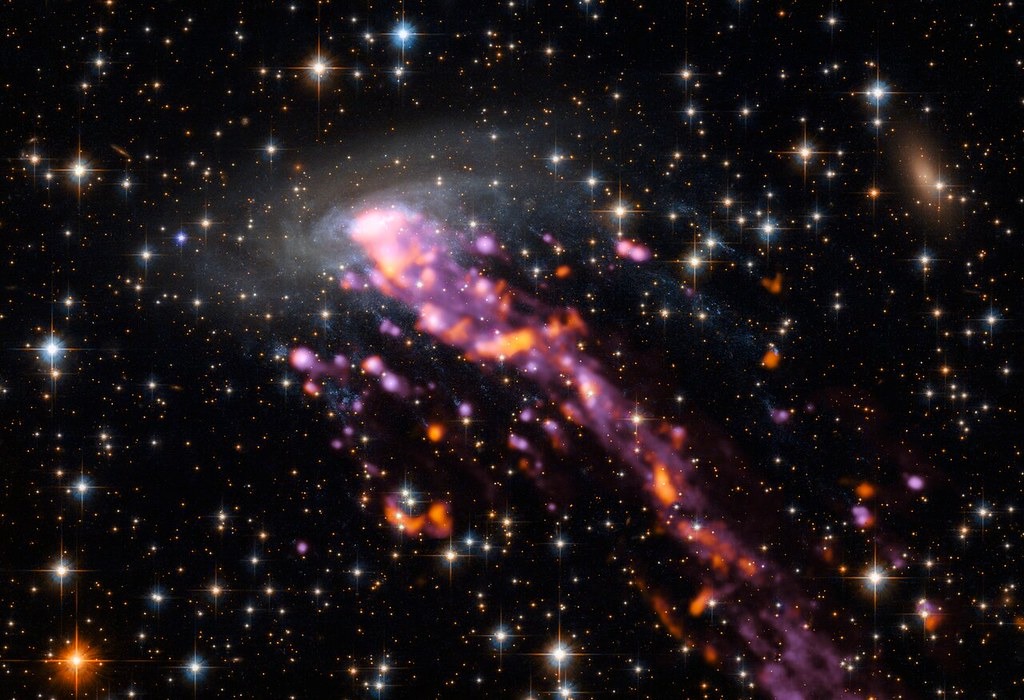There are no items in your cart
Add More
Add More
| Item Details | Price | ||
|---|---|---|---|

"ALMA's lens into the cosmos: Exposing the enigmatic secrets of rapid planet formation within the infancy of solar systems."
Thu Jan 11, 2024
"In a breakthrough moment, ALMA unveils the hidden choreography of planets, offering a glimpse into the swift ballet of celestial birth."
The Dawn of New Worlds: Surprises in Young Planetary Disks
In the vast and ever-expanding universe, the formation of planets has always been a topic shrouded in mystery and wonder. Recent observations by the Atacama Large Millimeter/submillimeter Array (ALMA) have now cast a new light on this cosmic process, revealing unexpected structures in the youngest planetary disks ever observed. This groundbreaking discovery was presented at the American Astronomical Society's 243rd Meeting, shaking the foundations of our understanding of how planets come to be.
Planetary Formation: Sooner Than We Thought?
For years, astronomers believed that planet formation was a slow and gradual process, taking place over millions of years. However, the latest findings from ALMA challenge this long-standing belief. According to Cheng-Han Hsieh, a Ph.D. candidate at Yale University, these young stars and their accompanying disks may start forming planets much earlier than previously thought. This revelation not only accelerates the timeline of planet formation but also opens up new avenues for understanding the dynamics of young solar systems.
ALMA: Peering Into Cosmic Nurseries
The ALMA telescope, located in the high deserts of Chile, is uniquely equipped to observe the cold and distant regions of space where stars and planets are born. Its ability to capture high-resolution images of young stellar objects has provided unprecedented insights into the early stages of planetary formation. The unexpected structures observed in these nascent planetary disks suggest a rapid formation process, possibly driven by complex interactions within the disk material.
Implications for Future Research and Exploration
This new understanding of early planet formation has significant implications for the study of exoplanets and the evolution of solar systems. By observing these processes in their infancy, astronomers can gain valuable insights into the conditions that lead to the birth of planets, including those that may be capable of supporting life.
Moreover, this discovery challenges current models of planetary formation and encourages scientists to explore new theories and simulations that can account for these early developmental stages. As our technological capabilities continue to grow, so too does our potential to uncover the secrets of the universe.
Conclusion: A Universe Full of Surprises
The universe continues to surprise and amaze us, with each discovery peeling back another layer of its complex beauty. The early formation of planets as revealed by ALMA is a testament to the ever-evolving nature of astronomical research and our quest to understand the cosmos. As we continue to gaze into the depths of space, who knows what other mysteries await unraveling?
Stay tuned to the latest in cosmic discoveries and join us on this fascinating journey through the stars!

SAMEER KUMAR